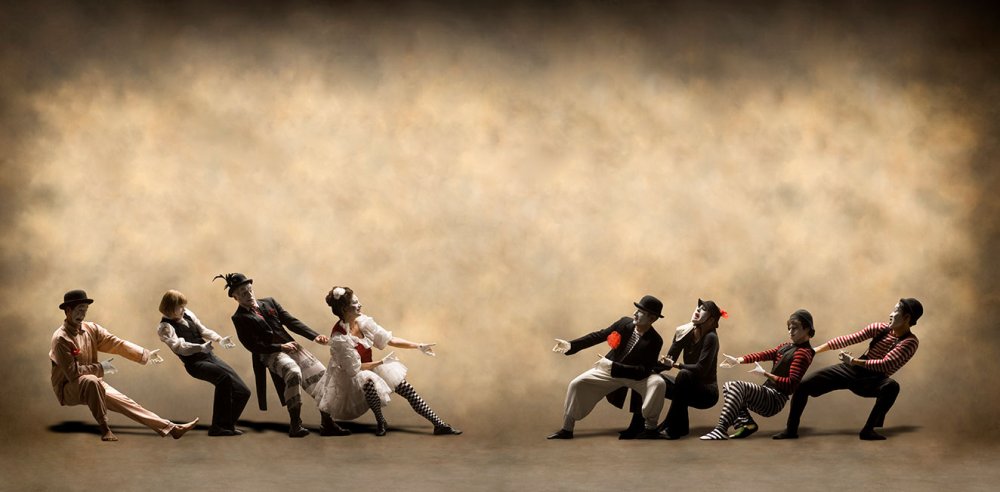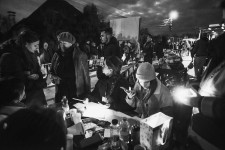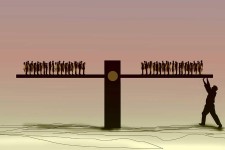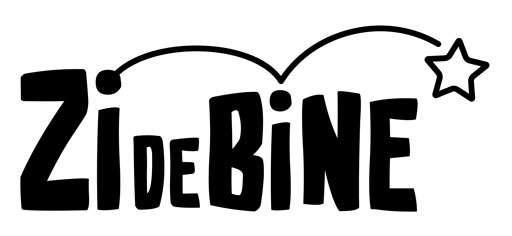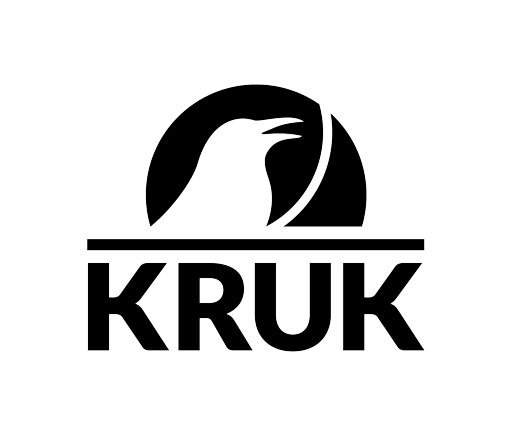"Not everyone is qualified to fight with a gun on the front line, but, one way or another, we all have to fight, as best as we can, for victory!" says Eugenia Rozbytska, a Ukrainian currently living in Timișoara. In what she says, you can feel her determination and energy; it's a credo, not a slogan. She also says that Ukrainians don't like the term "refugee", and even asks me not to use it, because it implies weakness and uncertainty, a road with no return, and they all want to return to Ukraine at the end of the war. I believe her.
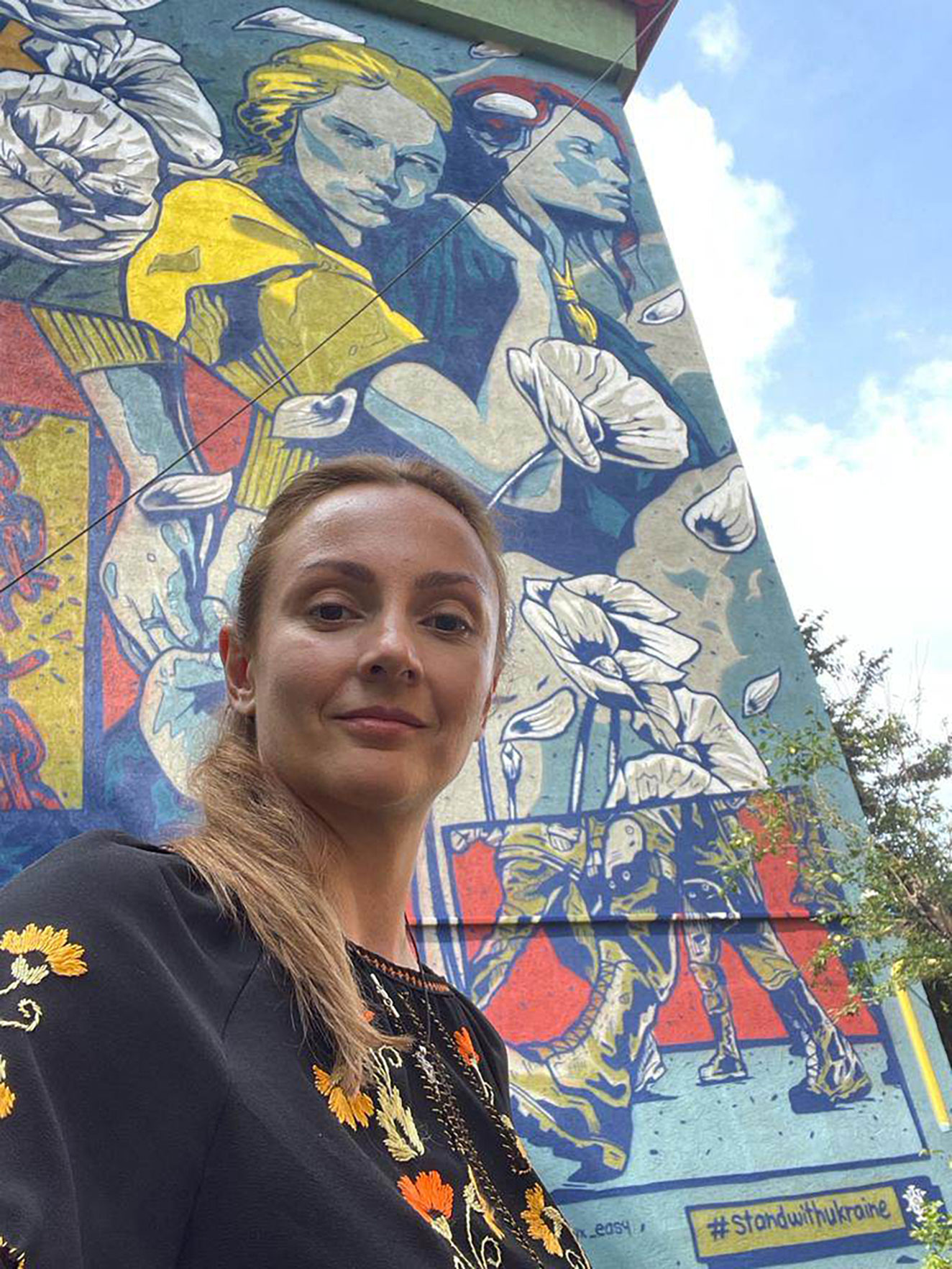
Their resilience, that of Ukrainians who are far from home, has two sources - the first is the historically built-up internal fabric of a people on the other side of the border of the civilised world, in constant conflict with forces that seek to erase their identity and annihilate them. Ukraine is a country that has been at war since 2014, engaged in a brutal, devastating conflict with global repercussions, for the consolidation of an independence regained in 1991, recognised then even by its aggressor - Russia.
At the same time, their strength is fuelled by another, more intimate and personal force, a seemingly more destructive energy generated by the inner conflict that all Ukrainians are going through now - a strong sense of guilt, that of one far from the front, who, it would seem at first glance, ran away instead of fighting. A negative emotion, but one that Ukrainians are harnessing in a unique way, in the form of a novel philosophy of war, as an opportunity - the act of seizing every chance, both to help the soldiers on the front line and promote their independence and allegiance to Europe.
Guilt can be exhausting. In this particular case, it manifests itself in gruelling processes of soul-searching and introspection concerning the meaning of the individual who, unable to directly defend their values and identity, feels helpless. It is both a personal and collective emotion, paralysing and traumatic. "You can't help but feel this way when you have friends who could die any day on the front lines and you are safely seated, out of harm's way, far from combat, having coffee." Eugenia tells me.
The Ukrainians did not give up the fight. They understood that their country and the nation, those who stayed and those who left, needed help and lobbying, support and empowerment, the driving force generated by their collective will and belief in victory, followed by reconstruction - the core drive of those who know that truth is on their side. This confidence I found in my conversation with Eugenia, but also in the thoughts and testimonies I gathered from those actively involved in supporting Ukraine's cause, both inside and outside its borders.
The range of their concerns is vast - some strive to secure military equipment for the army, others raise funds and donations for soldiers, or for those in the most devastated war zones.
For instance, Serhii Sorokin, together with his friends, organised a crowdfunding campaign to acquire thermal imaging cameras for the soldiers in the frontline: "Probably the only one who doesn't feel the guilt is the frontline fighter. But, at the same time, they need our help. We all need to understand this need. Not everyone can fight with a weapon. But everyone should think about how they can help. Here and now. So, from the very first days of the war, my friends and I started looking around the world, buying and importing thermal imaging cameras for the army. This is something we never did before. Today, I am one of the country's leading experts on the subject. We acquired more than 2,000 such cameras since the war started."
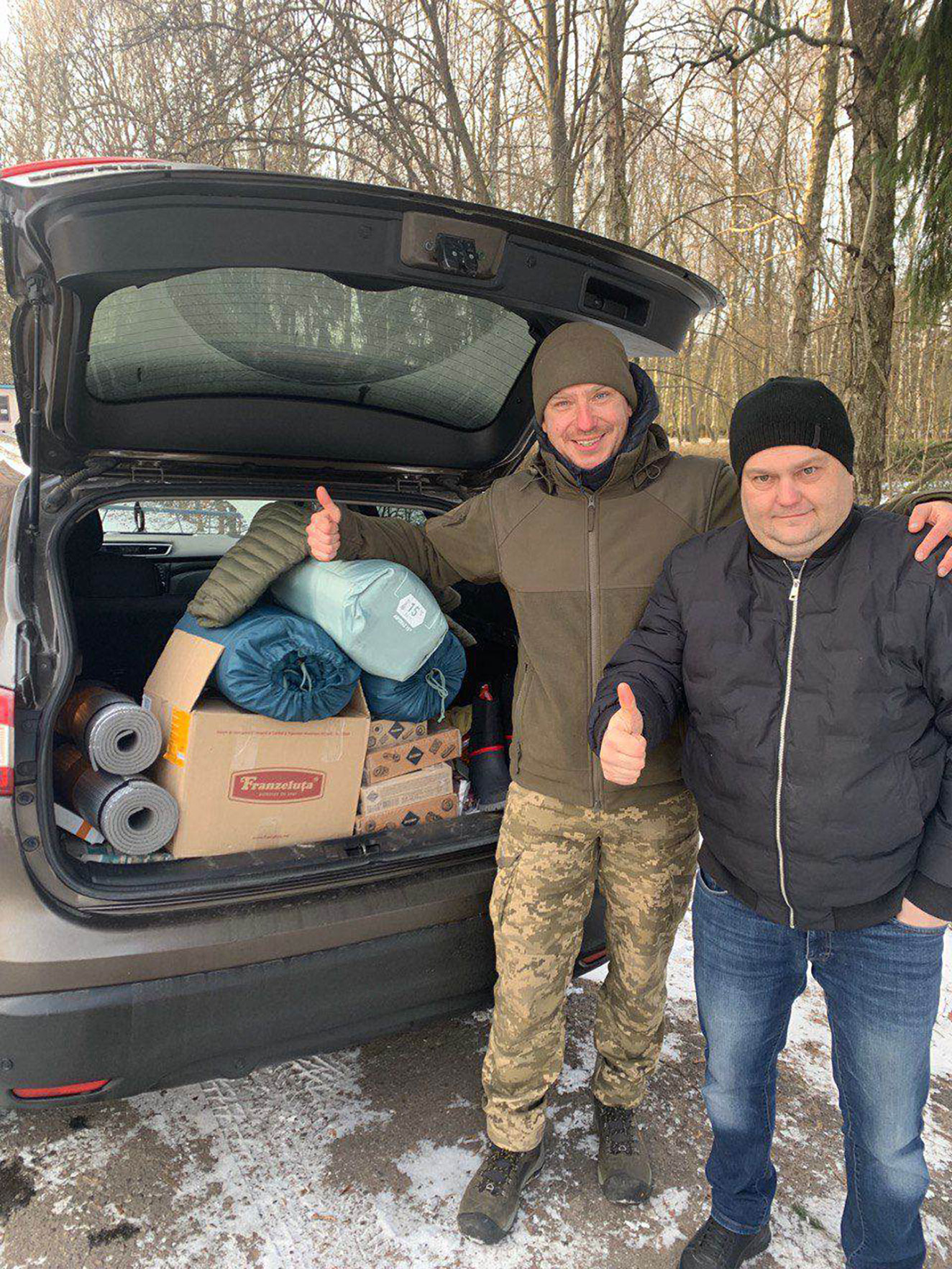
Sasha Shepelev, a professional driver who bought a van for his family before the war, now uses the vehicle to transport humanitarian supplies to the most affected regions of Ukraine: "Fortunately, Timisoara is not far from Ukraine. So when I arrived here, a year ago, I was constantly trying to find ways to get humanitarian supplies to Ukraine. I mean, when we know that someone is ready to donate money for supplies or already has certain goods to offer, I'm always happy to help to help transport them to Ukraine, where they are most needed. Over the course of a year I've made about a dozen such shipments. This work presents me with the opportunity to be helpful to Ukrainians wherever I am in this world."
More than that, however subjective, perhaps even cynical it may seem, the war is viewed as an opportunity by many Ukrainians, a chance to consolidate their national identity, a chance to bring visibility to a country that, before 2014 and especially after 2022, very few Westerners had heard of or were aware of its history. And not just those in the West. Many Ukrainians in Romania, but also in other countries, have chosen to get involved, through local NGOs, in initiatives promoting Ukrainian culture, gastronomy, history and art in areas where they now live. As much as they do it for their hosts, their initiatives are also directed towards other Ukrainians, who are beginning to feel somehow disconnected from their homeland, and the events in their country are becoming increasingly trivial, which perhaps is only natural.
Therefore, in order to hold the community together and to promote it further in Romania, Iryna Chykaliuk cooks: "From the very beginning I felt the need to be in a position to be useful, especially after I lost everything. Once you understand that out there somewhere, in the war, your fellow countrymen are fighting for you, you want to somehow stand with them. You and the whole world. That's why, from the very first days of the war, in Vinnitsa, where I was living at the time, I joined the volunteer centre and prepared food for the soldiers and made camouflage nets. Once I moved to Timisoara, I used my passion for cooking to create a series of Ukrainian culinary evenings and to spoil our Romanian hosts. I cooked a huge borscht, which was savoured by over 300 visitors of the La Pas festival. Everyone does what they can in this fight, no one stands aside."

The same applies to Eugenia. For the past year, she assumed the role of community mediator between Ukrainians and Romanians. She is there every single time someone needs help, she mediates, she organises, she promotes. Her goal, she tells me, is to keep the flame of Ukrainianness alive, because, sooner or later, the war will end and all those who fled will come back to rebuild. And for that they need everyone's help: "This past year united all Ukrainians in this great struggle for our identity and freedom. Because we are one nation, one independent country. Today it is here, in Timișoara, where I live. On the cultural and social front. Therefore, I used my skills and work experience to build a community of Ukrainians here, and focused my efforts on negotiating with local organisations and public institutions to organise various cultural events. Some of the projects I have done are a mural painting "StandWithUkraine" with FITT - Timis County Youth Foundation, a video-mapping named "Sensitive content" and a documentary film, "When Borders get Indistinct", implemented in partnership with the Prin Banat association, a big borscht at the La Pas festival together with CRIES. The cultural front is very important in this fight."
The war in Ukraine set in motion global forces, some inactive for decades. Reshaped the world economy, revived old alliances, and forced us to ask ourselves questions about our future, for all of us. Meanwhile, the brutal, bloody, anachronistic conflict for the world we build today has thrown the Ukrainian nation into a constant struggle for survival and reassertion. Consequences are many, and for Ukrainians they unfold at a much more intimate and personal level. This struggle is also an inner fight, against their own fears and insecurities, constantly fuelled by feelings of guilt and regret, which, for a people accustomed to the brutality of history and an implacable destiny, has turned into a force that manifests itself centripetally - uniting, motivating and empowering the community to look forward, from present to the future. Their future. Our future.








